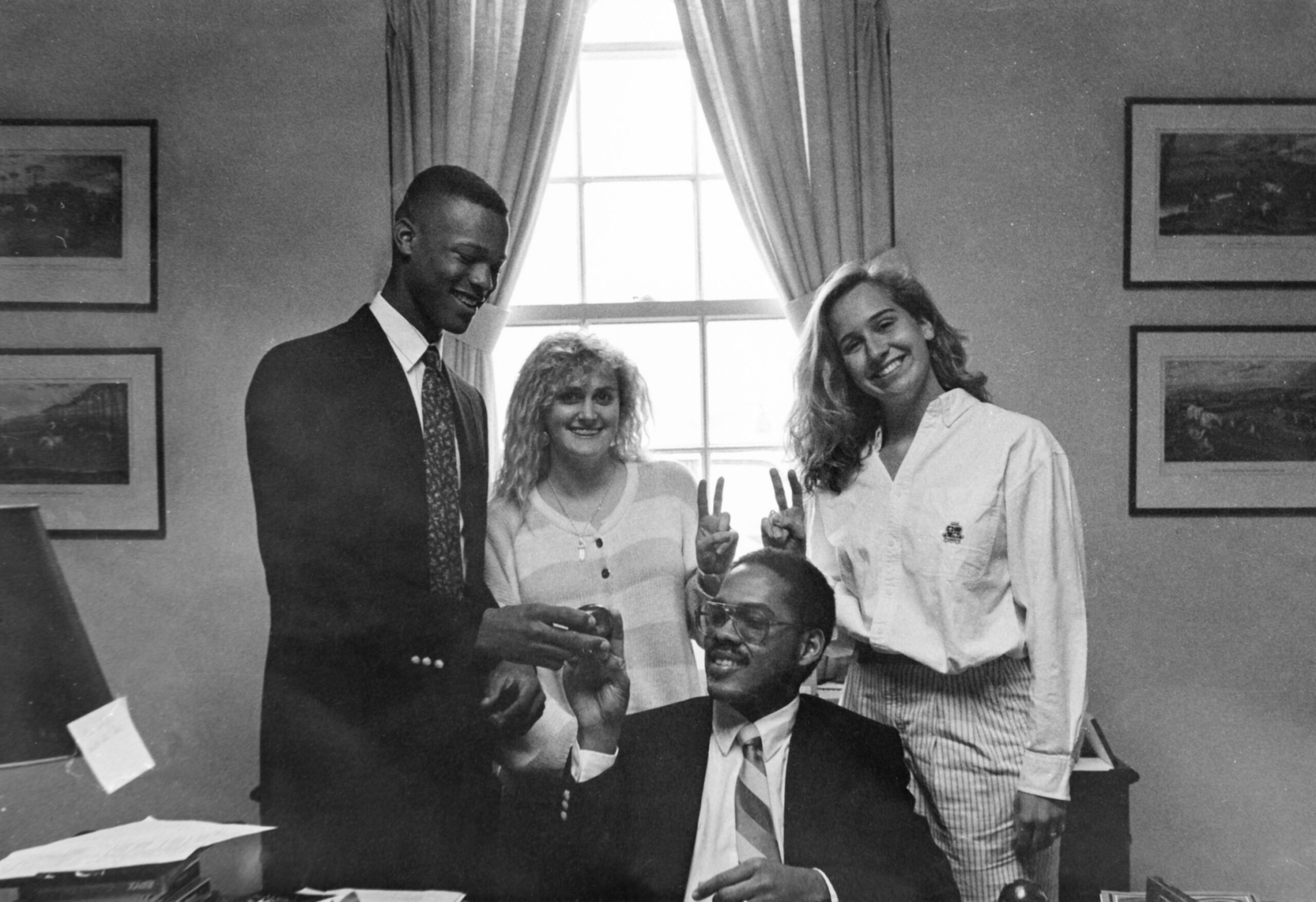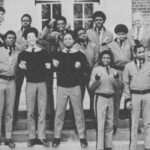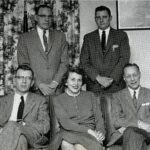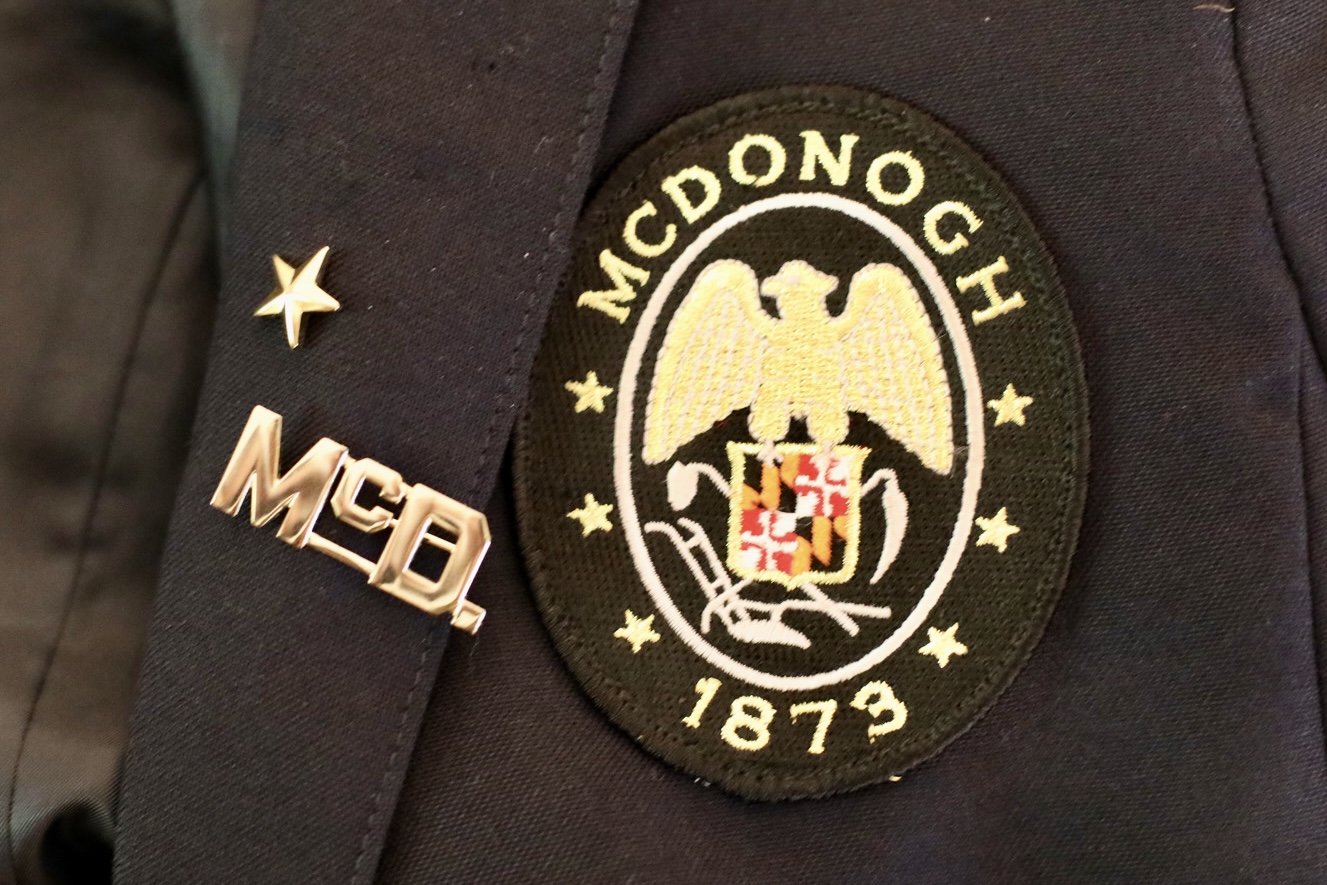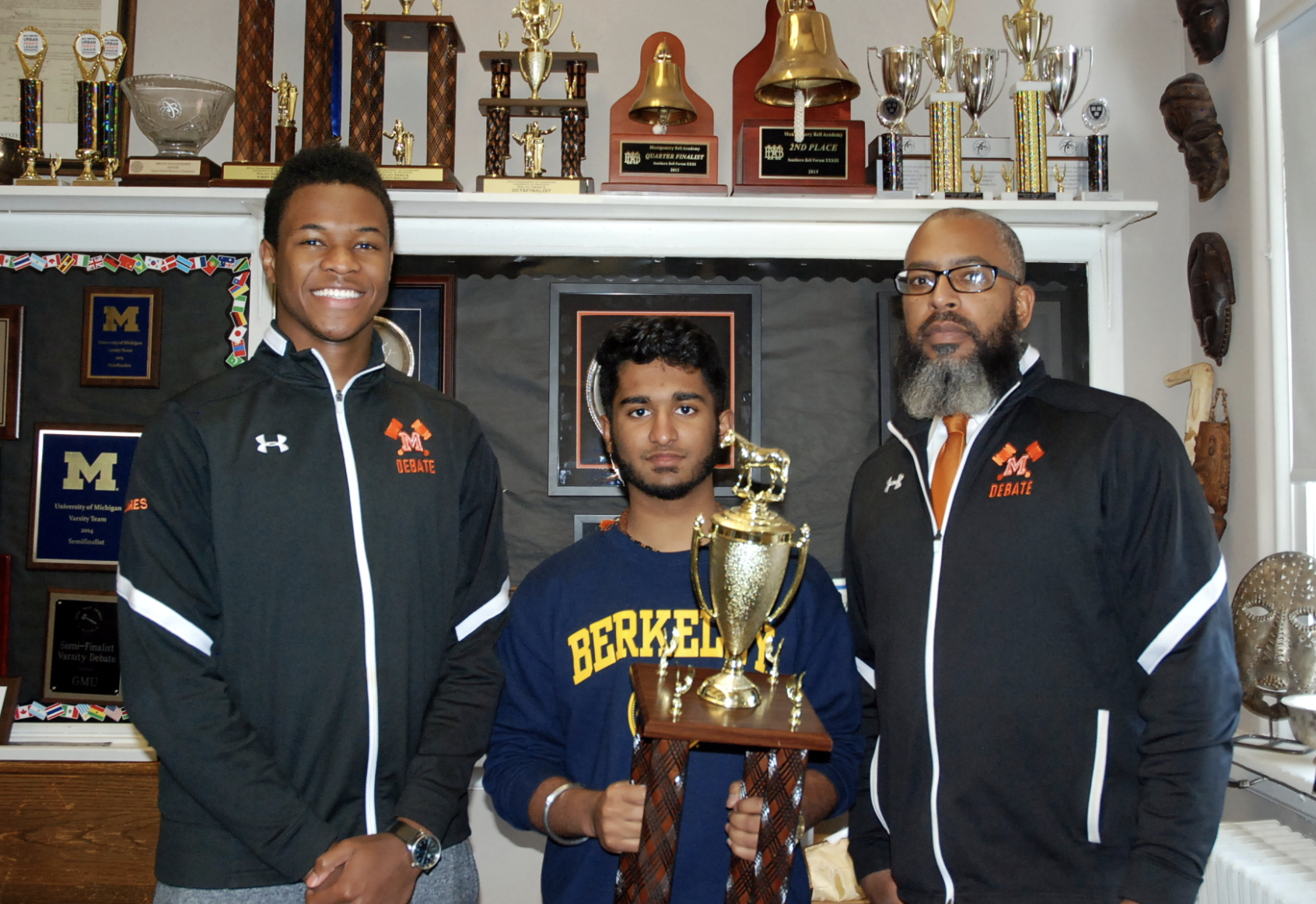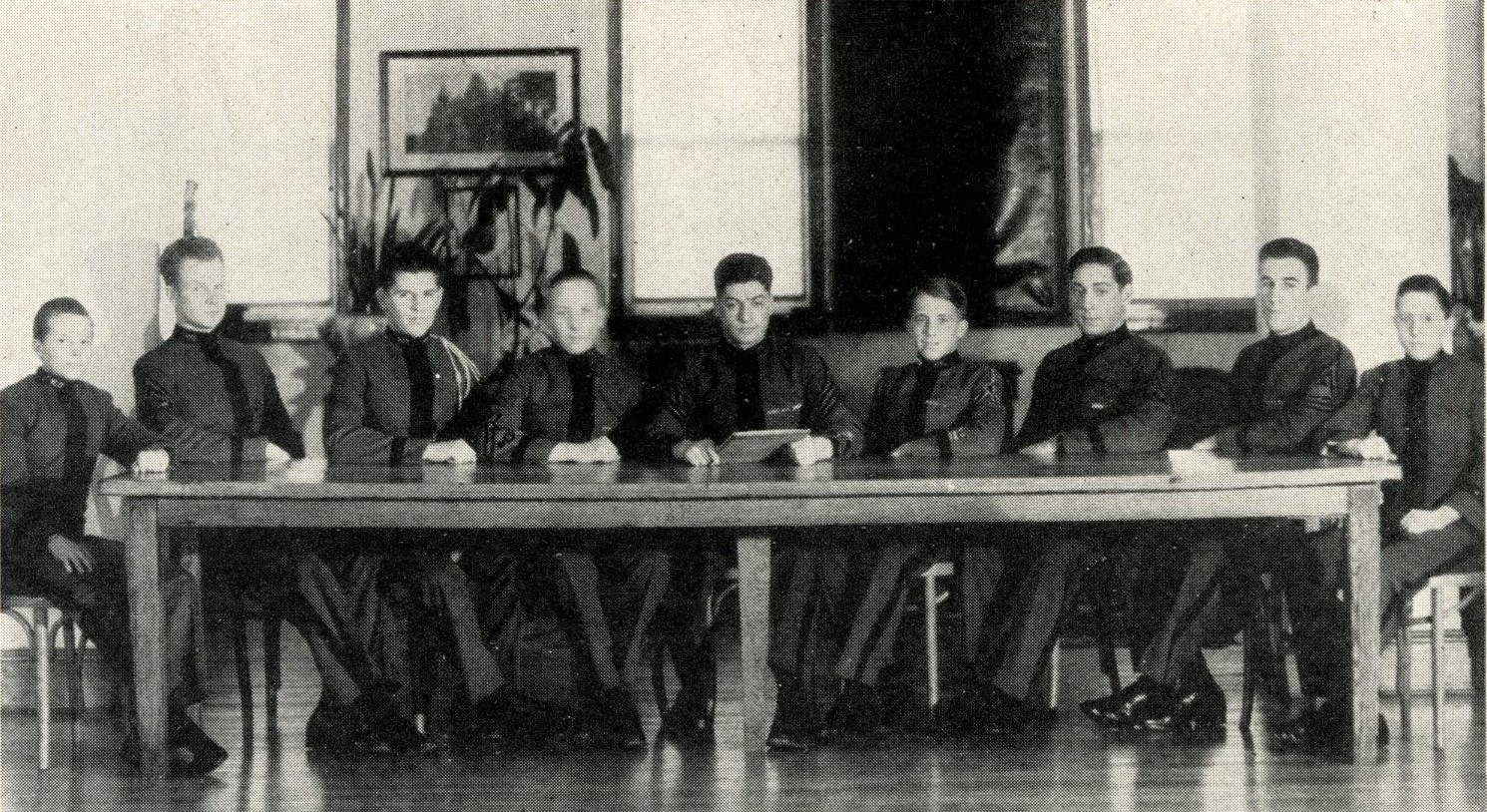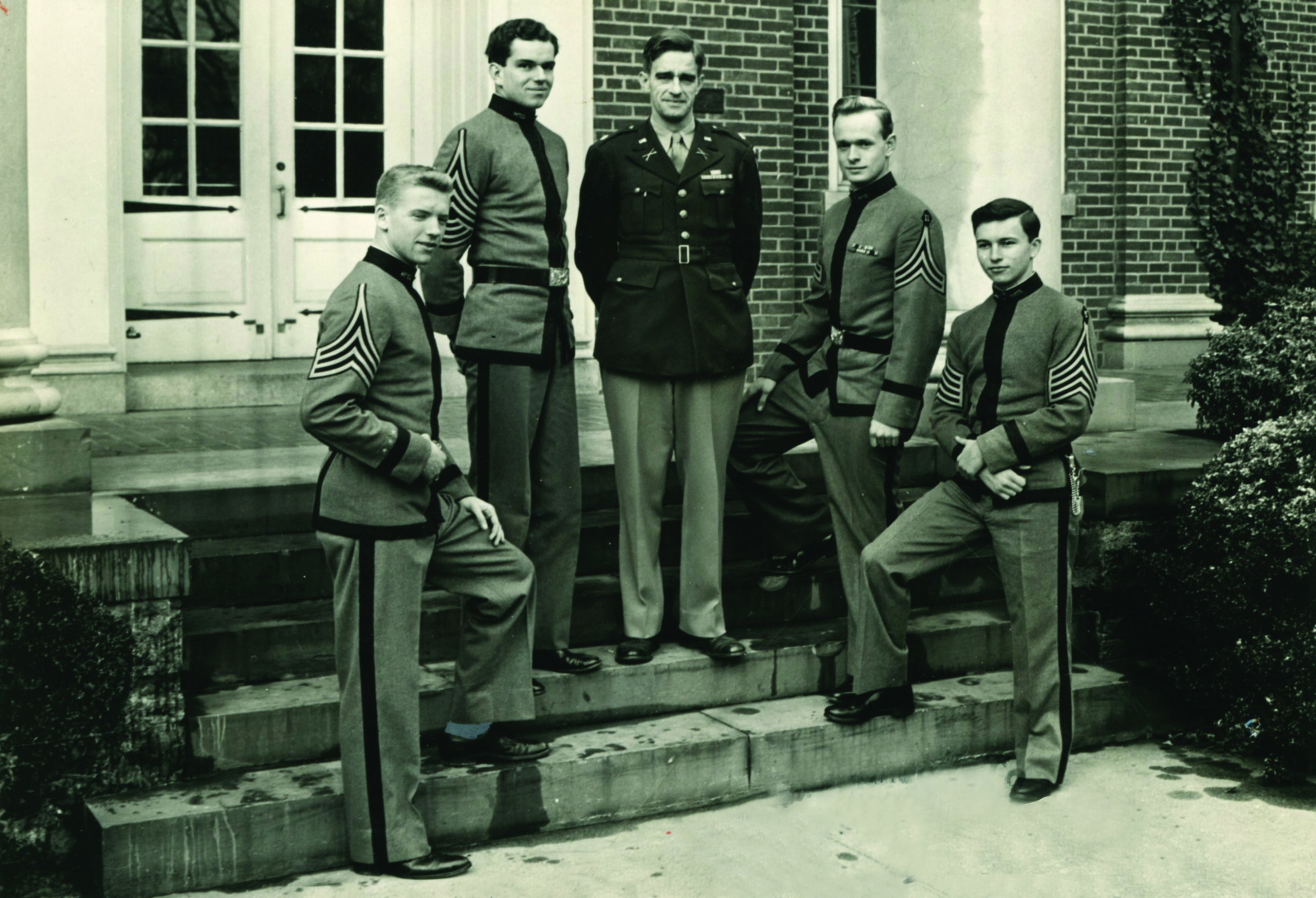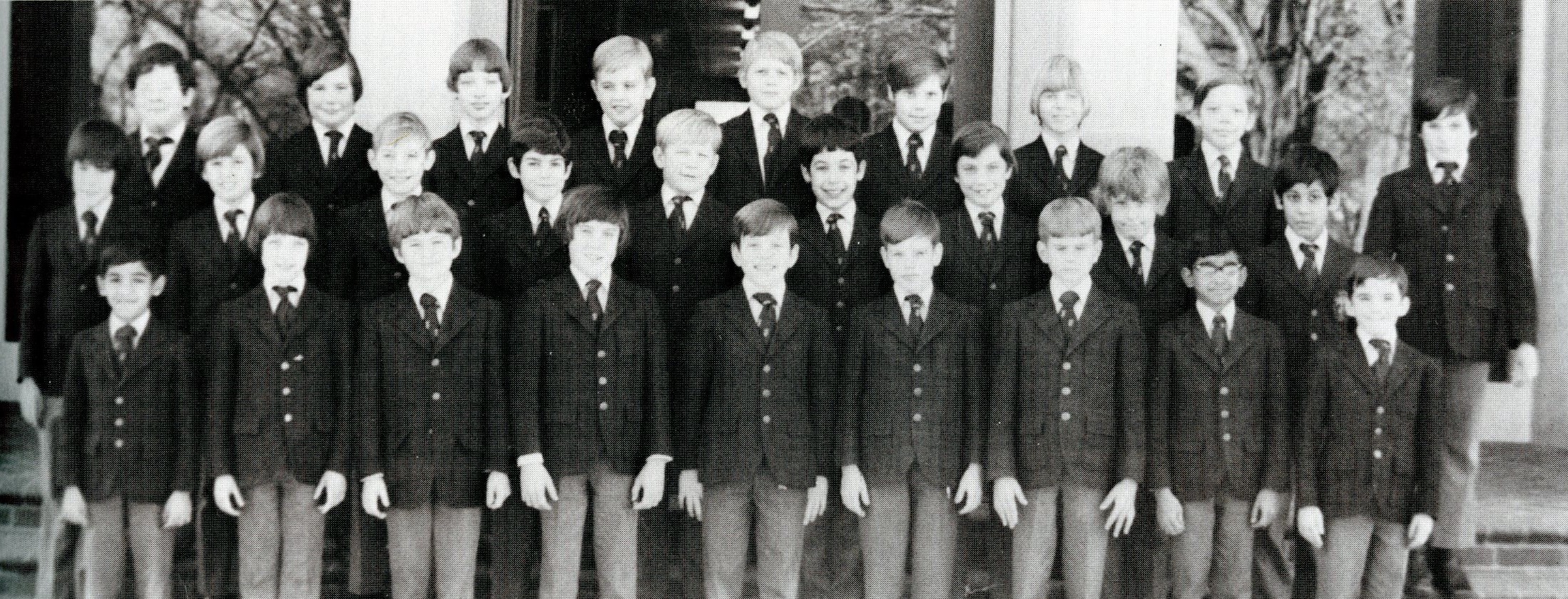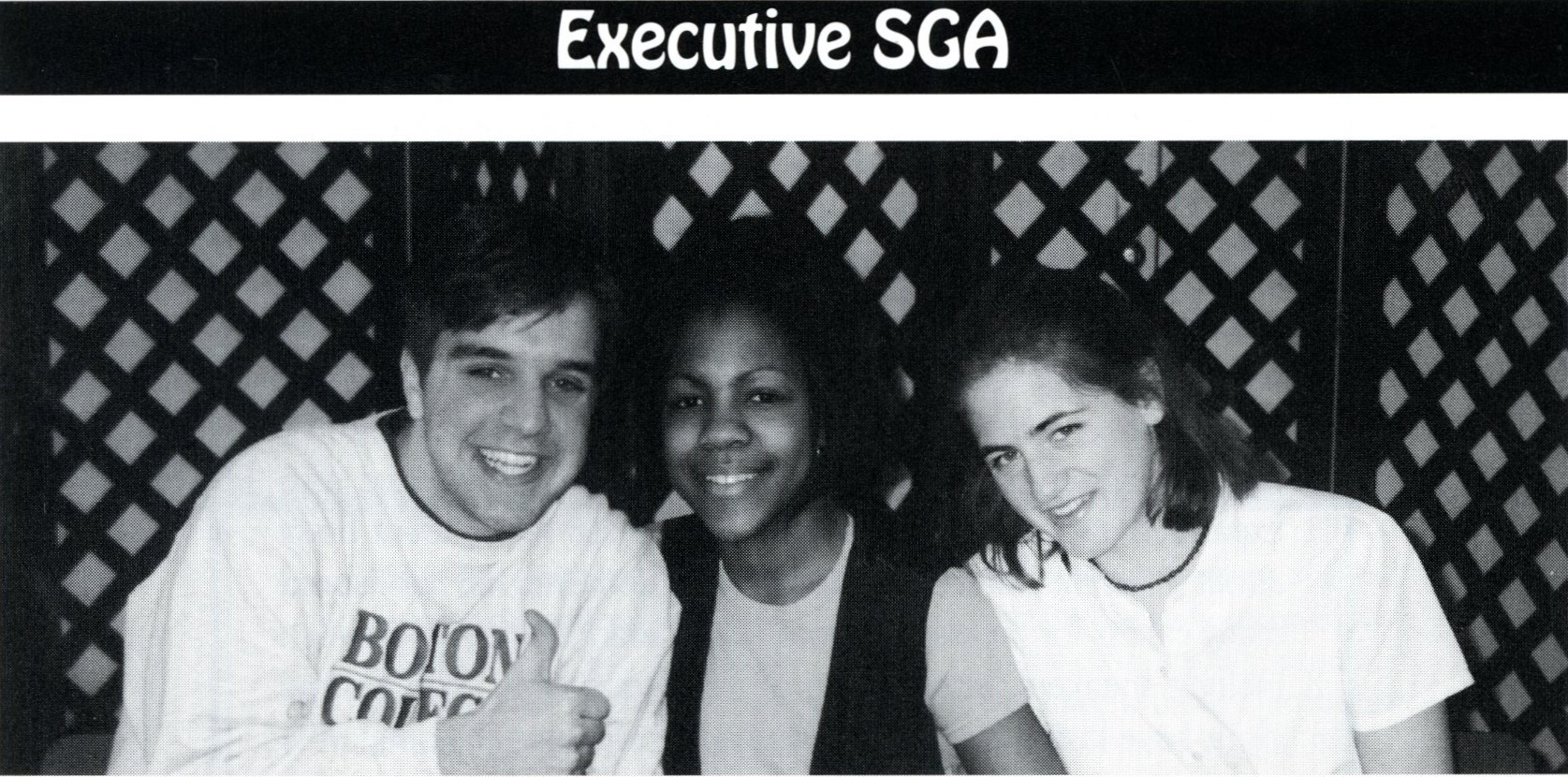At the School’s founding, Colonel Allan organized the student government using the military chain-of-command model he knew well. This worked for a number of years in form, but not in substance. When William Childs became principal, he worked to tighten things up. He visited several well-established military schools, and when he returned, emphasized a “spit-and-polish” military decorum. A Commandant was appointed to head the program, and he was assisted by cadet officers. The officers conducted drills and oversaw all aspects of student conduct (behavior, morning work assignments, uniform, and other matters). According to Bob Lamborn, the officers reported infractions to the Commandant on slips from small pads the boys called “slugging pads.” Boys who were reported were “slugged.”
When the military was dropped in 1971, the student government was restructured. Student officers became proctors and the lead proctor was the President of the Student Government. An article in the March 2, 1973, edition of The Week explained the structure, “At present, the Student Council is composed of proctors, captains of teams in season, and certain activity heads. Proctors are selected according to student preference, as expressed in an election during the fifth report period. The ballot is a list of all boarders or day students of a voter’s class, upon which a student numbers his top few choices. In addition, he indicates his choices for those seniors he thinks should receive posts on the Executive Committee. The proctors elected by this method serve as representatives on the council, supervisors of dorms or day buses, and in general help enforce the rules of the school.”
The Student Council has evolved over the years to meet the needs and expectations of the School community. Today, the Student Government Association (SGA) leaders are elected by their peers and are responsible for directing many activities. The SGA consults with and advises the School administration with regard to the establishment and implementation of operating policy in all areas related to student affairs. In addition, student leaders are expected to be strong role models for the rest of the student body.
